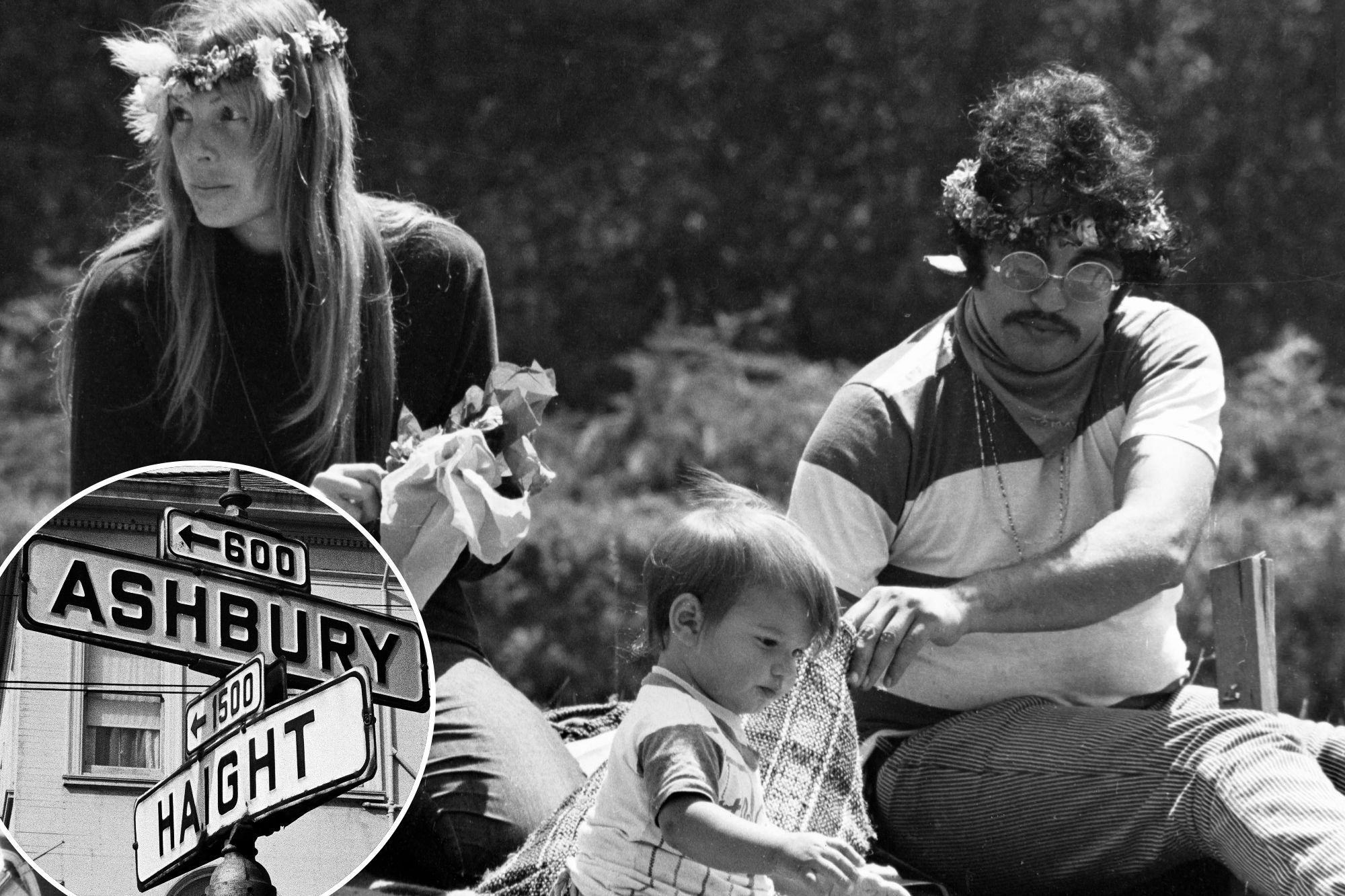
American schoolbooks often employ romanticized language to describe the hippie era. A fairly typical passage from the textbook “America, Past and Present,” describes hippies as idealistic young activists who “challenged the prevailing adult values in clothing, hairstyles, sexual conduct, work habits, and music.” Comfortable trousers and strings of beads “took the place of business suits and wrist-watches . . . long hair, bare feet, and bralessness for women became the new uniform.” At the macro-level, monogamous two-parent families and dull suburban subdivisions “gave way to communes for the ‘flower children’ of the 1960s.”
A major article ran in (of all places) Gentleman’s Quarterly a few years back titled “The Hippies Were Right After All.” In the piece, author Devin Friedman declares: “The secret truth is that hippie culture won . . . You don’t believe me? How many yoga studios come up in Google Maps when you open it?”
In addition to the impression that hippies constituted a majority or at least a sizable plurality of society, coverage of this kind almost invariably conveys an undertone of sympathy for even the most extreme elements of the counterculture. In the same source, the often-violent Students for a Democratic Society is described as a “radical” organization but also as one that legitimately wanted to “rid American society of poverty, violence [!], and racism.” For all their flaws, members are called serious people who pursued a new form of “salvation” via “the individual rather than the group.”
The modern-day romanticization of the hippies represents yet another example of scholars unable to admit the failure and unpopularity of left-leaning revolutions. Not only has the modern world rejected the hippie aesthetic, but history has proven the key elements of their project to be incorrect.
For a variety of reasons, including frequent public lewdness by anti-war activists and their treatment of Vietnam combat veterans, the anti-war and hippie movements were extraordinarily unpopular with most non-elite citizens.
Such was the actual perception of the Aquarians, during their age.
In step with our decades-later reverence for the hippie scene and the peace/sex movements, the mainstream “schoolbook” take on the Vietnam War today seems to be that it was an epic tragedy, unpopular at the time and now known to have been fought for amoral and illogical reasons. In reality, American attitudes toward Vietnam were quite normal if not — given the length of the war and the prevailing patterns of media coverage of it — balmier than might have been expected.
There were logical reasons underlying both of these dead-common perspectives. Simply put, people disliked hippies because they struck the average taxpayer as slovenly, money-bumming drug addicts. Pieces like Joan Didion’s “Slouching Towards Bethlehem” (1968) painted an amusing but disturbing picture of the hip scene in outposts like San Francisco’s Haight-Ashbury district — one full of open-air drug markets, doped-up street kids on the nod in public, pimps preying on young flesh, and the occasional lunatic bow-man hunting stray cats for food.
One piece in this vein, “The Death of the Hippies” — the Atlantic’s 2015 requiem for its older article—opens by discussing the joy and hope that many at first associated with the famous Summer of Love. However after less than a year, any basic civilizational restraints essentially disappeared. “Over time,” says Samberg, “more and more people started using hard drugs. All the [hippie] stuff about higher consciousness was just sort of dropped.”
At around this same time, damaged and often sexually abused teenage kids—especially girls—started showing up in San Francisco and Berkeley in droves. One pack of Berkeley middle-school girls became known as the Minnie Mob because they often hit the avenue in their Mickey Mouse–themed “tween” clothing. And these little kids apparently partied hard. One veteran of the Telegraph Avenue scene, describing the Mob or a similar group taking down two 1.75 liter bottles of Southern Comfort whiskey, said: “Those . . . bottles appeared and disappeared in what couldn’t have been more than two minutes. Those kids were 13, maybe 14. But they just consumed anything.”
Simply put, the 1960s “movement,” now almost universally lauded, was widely hated in its own time, but that didn’t stop it from doing damage. In a sense. . . the hippies did “win,” but not in a way we should truly applaud. Their pro–free love, anti establishment, anti-war, pro-drug ethos left a trail of destruction in its wake. The negative effect that it had on public attitudes toward the Vietnam War was a real, if minor, factor that contributed directly to the defeat of the domino theory strategy. And that defeat had a devastating eventual effect as the dominoes fell in Southeast Asia.
To some degree, the Western hippies gleefully chanting “Ho! Ho! Ho Chi Minh!!!” bear responsibility for the killing fields halfway across the world. Six decades later, young radicals continue to chant today for issues such as “Palestine” — believing that their cause is rooted in love, though as misguided as their predecessors back in Berkeley and the City by the Bay.
Wilfred Reilly is a political-science professor at Kentucky State University and the author of “Lies My Liberal Teacher Told Me: Debunking the False Narratives Defining America’s School Curricula.”














